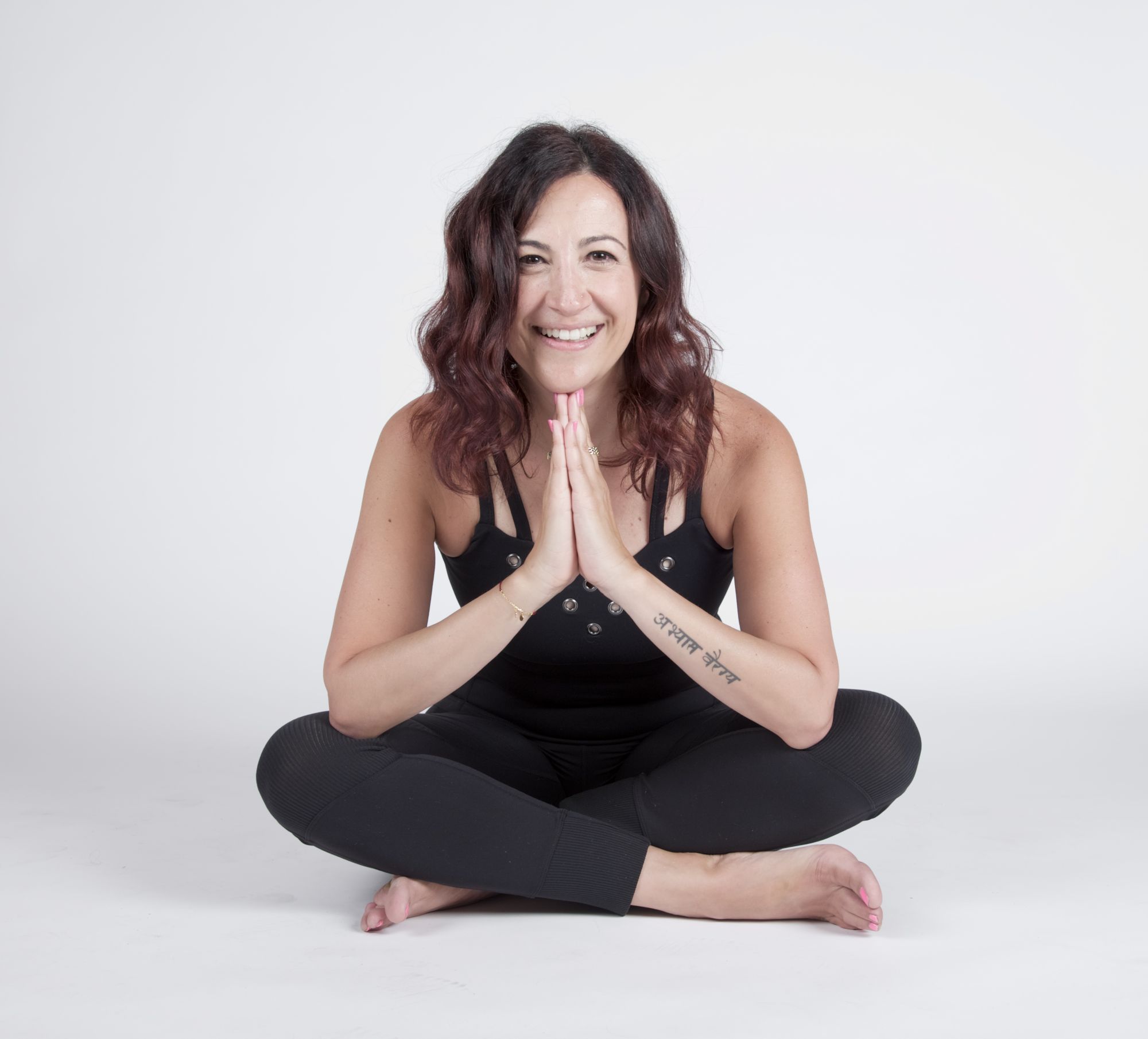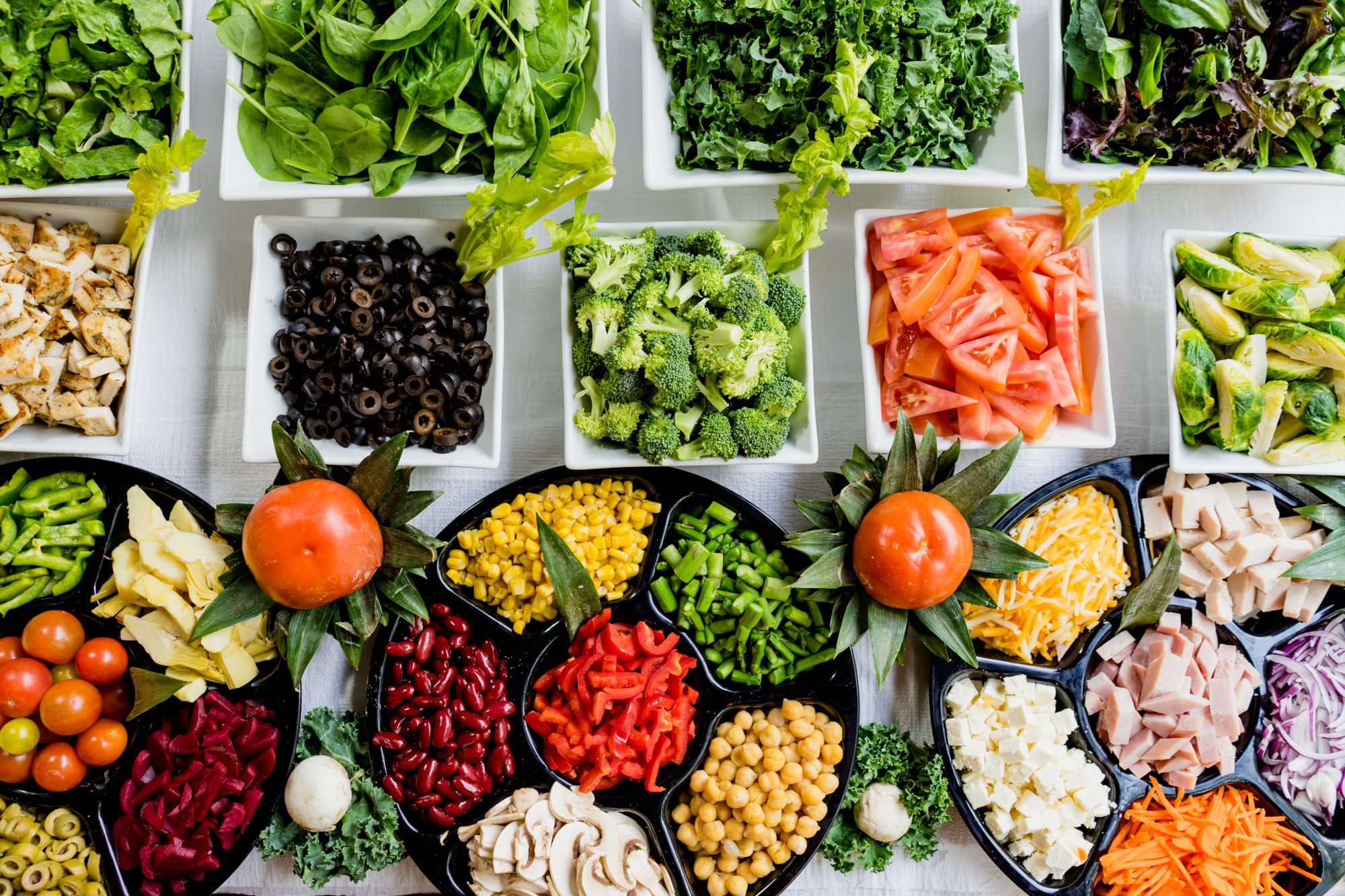Positive thinking was negatively viewed decades ago, before it became widely embraced. Slowly but steadily, this concept, born in the ’60s, encouraged people to start pumping up their self-esteem and showering themselves with self-love and praise. Everyone became involved in the lemonade-making business.
Those of us who grew up on the other side of the Atlantic were oblivious to the trend and the demand to be happy, no matter what. We were unaware that it was imperative to love ourselves. Therefore, we never struggled with it because we didn’t know we had to. We accepted ourselves and each other as an “as is” deal. Yes, the fixer-upper mentality was that we all had flaws and we learned to adjust to them, without overly intellectualizing the process. We didn’t conceptualize our existence much – it was just how life was, no labels needed. Some moments were great, others stank. “Oh, well, that’s how it is,” was probably the deepest, most intellectual self-reflection I did as a child. Yet, when asked about my childhood, my overall sense of it could be summarized simply as content – not happy, nothing exuberant would portray it, but content will do it justice.
Now may be a good time to share that I grew up during the time described as “communism,” although the belief back then was that communism was the future, a better social system that we were supposed to build during the socialist years. No matter what we call it, mentioning that I grew up behind the “Iron Curtain” is enough to trigger those who enjoyed the “pursuit of happiness” to feel sorry for me. I vividly remember the first time I was blasted with a stranger’s pity and by her confident authority to summarize my whole existence. She asked me where I was from because of my accent, from which her strong assessment was born.
“Bulgaria,” I said. “In Eastern Europe,” I had to add, seeing her lost expression as she tried to figure out where that was.
“Oh, you poor thing! You must’ve had a really difficult childhood!” Her sympathy was oozing out of her.
The phrase hit me with unexpected strength. Could I have been delusional all these years, believing that I was content as a child? Maybe I suffered from Stockholm syndrome, loving and embracing my abusers? I called some childhood friends, with whom I never lost touch, to inquire what their recollection was, since we never gave a label to the years spent together. We talked about the good and the bad, and we ended up laughing out loud about some silly situations we got ourselves into a long time ago.
If my positivity regarding my past feels offensive, as if I am glorifying communism – sometimes it does to people who don’t know me – just pause for a moment to reflect on what such a judgment would be based on. Here is some perspective for my personal story, not for the overall political and ideological climate but a glimpse of the very particular circumstances in my life. My parents were not communist party members, which, obviously, was bad for them and us as a family. My father had his fair share of troubles with the authorities because of his “unreliable upbringing.” He was expelled at one point from the university, as a result of a neighbor’s letter, which accused his family of being capitalists, although they were as poor as the rest of the neighborhood at the town’s edge (the rich lived in the central part of the cities, where everything interesting was happening; the distance from there depended on one’s financial status). Years later, because of our parents’ non-party affiliation, my brother and I were removed from our positions as the school and class presidents respectively because we were considered unworthy to hold them. Yet, our parents refused to ever be branded as victims of the regime.
My father always emphasized that he wanted to be a doctor, and he became one – end of story. He actually was a darn good one, so many of the Politburo people, the top tier of the party, became his patients. You see, pain doesn’t have a party affiliation. When one is suffering, all of a sudden we were taken at face value. My father, having patients in high places,
didn’t change anything in his status. He stayed and continued to practice in his hometown. There was also no private property during those years, so he was not even paid for his services (he had his monthly salary, which kept us close to the bottom of the social ladder; the “intellectuals” were not highly regarded since it was partly ruled by the working class). But he also never used the “important” people’s validation because he never felt he needed it. He loved his job, he did it well, and people gratefully respected him for it – that was validation enough.
No need to feel sorry for my brother and me; we didn’t end up in therapy, traumatized by the injustice done to us – not because we knew how to make lemonade from our lemons, just the opposite: we didn’t know that we were entitled to drink only the sweetness in life. Nobody bothered to tell us that our ultimate purpose was to be happy. What happened to us was just how things were sometimes. Yes, it was a big disappointment at the time, and we had to swallow it. We ate our lemons the same way our parents did, and it sucked. Slowly, the bitterness from the experience diminished and eventually dissipated because it didn’t change the way we, ourselves, our family, or our friends, felt about us. We all knew that there would always be difficult moments to overcome, and we also were aware that they’d pass. We cried on each other’s shoulders and didn’t hide how raw it felt. We were surrounded by real, not virtual, friends, who shared the bitter lemons with us then, and to this day continue to do so, even from the distance of oceans and decades since.
We still cry with the same people, when the taste is too unpleasant to be handled alone, and we also laugh to tears together. As a wise prince, who woke up from his years-long meditation to become Buddha, observed, life is suffering, but there is a way to overcome it. And the way is never through avoidance of the lemons, or by psyching ourselves to believe that our sour lemons make the best sweet lemonade, better than anyone else’s. By persevering through the nauseous tartness, we allow it to gradually subside. In the process, it will also refine the palate, teaching the taste buds to honestly feel all of life’s enriching zest.
This article was originally published on Nelly’s blog, Sheltering Within.















One reply on “The Art of Not Making Lemonade”
Thank you, Nelly, for sharing your experiences and perspective. If there were more honest exchanges of life experiences like this with people all over the planet we might appreciate and learn from one another rather than control and “other-ize” them.